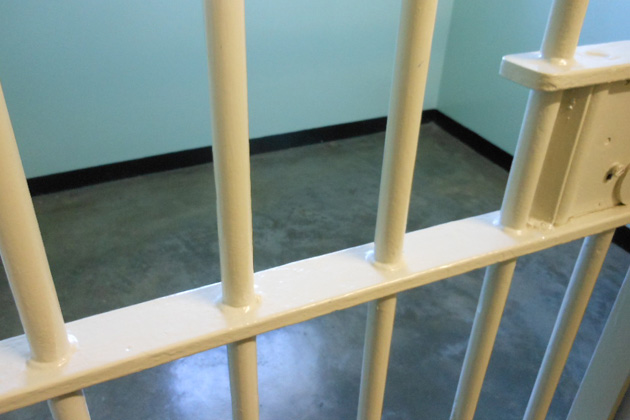
By Cole Lauterbach/Illinois Radio Network
SPRINGFIELD – Heroin use and addiction in the U.S. costs more than $51 billion every year, according to a new study released by the University of Illinois at Chicago’s school of Pharmacy.
Researchers came to the figure by tallying the costs of crime and incarceration, lost productivity on the economy, and treatment of not only addiction but of other diseases addicts are more likely to catch, such as HIV, Hepatitis B and C, and tuberculosis. The overall costs include overdose deaths as well.
Simon Pickard, professor of Pharmacy Systems, Outcomes and Policy at UIC, said the study allows policy makers to explain the value of fighting heroin addiction.
“If we can avoid some of the cost that this epidemic is imposing on us, $50 billion to American society is a huge cost,” Pickard said. “Policy makers understand economics. They can make a case to the taxpayer in economic terms that fighting this epidemic has value for their money.”
The last time a study looked at the cost of the nation’s heroin epidemic was in 2001, using data from the 1990s. Since then, Pickard said there are a number of different factors that drive up the epidemic’s cost, namely medical advances to treat associated diseases and the higher cost of incarceration.
It costs more than $30,000 to incarcerate an individual heroin user, which does little to solve the root cause of the addiction.
The Illinois Department of Public Health estimates that tens of thousands of Illinoisans are abusing opioids. The figure is growing quickly downstate. Pickard said economically depressed areas such as downstate Illinois, which has seen sharp increases in addiction admissions, need the most attention.
“If Southern Illinois has been very hard hit, we need to try to work with those communities and get people help,” he said.
Pickard said the cost of heroin addiction is more expensive to the nation than Chronic Obstructive Pulmonary Disease, or COPD, the disease commonly associated with smoking.
“It places it among the highest burdens of disease in the country,” he said.
The Centers for Disease Control and Prevention says heroin overdoses have more than doubled since 2002.There is no one cause to the heroin crisis, experts agree. One major factor, many agree, is the overprescribed use of opioid painkillers.
Illinois has recently enacted laws that make the overdose-fighting drug naloxone, commonly known as Narcan, available to emergency responders.






